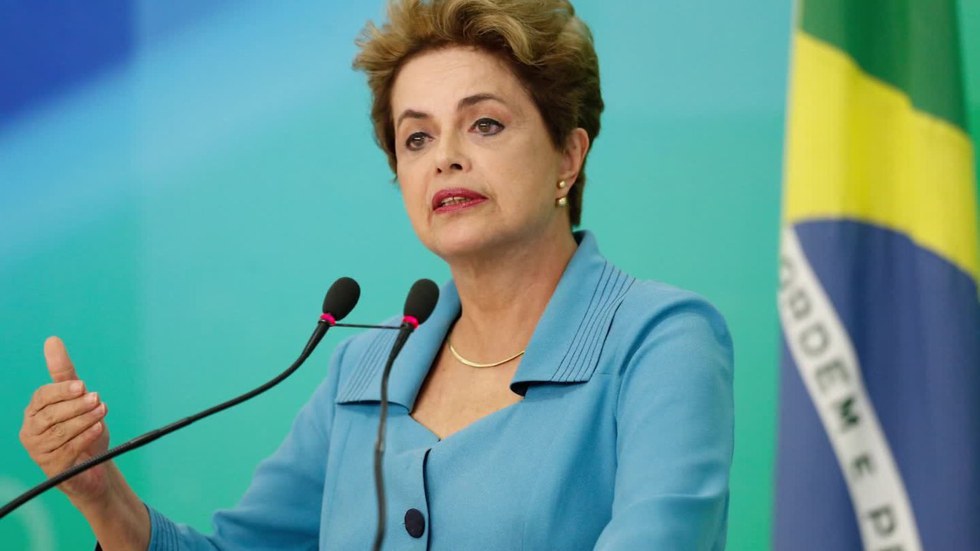A talk with former president of Brazil, Dilma Rousseff
How did the Brazilian government of President Dilma Rousseff reconcile its commitment to provide ‘social and welfare rights’ and ‘balance the budget?’ When the country’s economy was growing at record rate, this tension between ‘social equality’ and ‘fiscal authority’ remained manageable and benefited citizens from all walks of life and across the political spectrum. However, following the 2015 economic debacle, it became exceedingly difficult for President Rousseff’s government to deliver on both. In response to this situation, politicians and citizens alike became politically factionalized, socially polarized and increasingly intolerant and uncivil in their everyday interactions, even among family members and long-time friends.
To defuse these and other socio-economic and political problems, President Rousseff’s government implemented a series of wide-ranging reforms, including trimming some of the social programs that had provided impoverished citizens (one in four) with new opportunities. During her talk, President Rousseff will discuss the challenges that her government faced, its accomplishments and limitations, some of the difficult decisions and choices that it made and how these, in turn, have alleviated some problems while at the same time generating new ones that have yet to be resolved.
Tickets are free, but registration is required. Please click here to RSVP.
Wednesday, April 12, 2017 at 4:00 pm to 5:30 pm
The Auditorium, Alvin Johnson/J.M. Kaplan Hall, A 106
66 West 12th Street, New York, NY 10011
Co-organizers: The New School for Social Research — Janey Program in Latin American Studies, and the Urban Democracy Lab
Co-sponsors: Departments of Anthropology, Economics, History, Politics and Sociology and the Robert L. Heilbroner Center for Capitalism Studies

